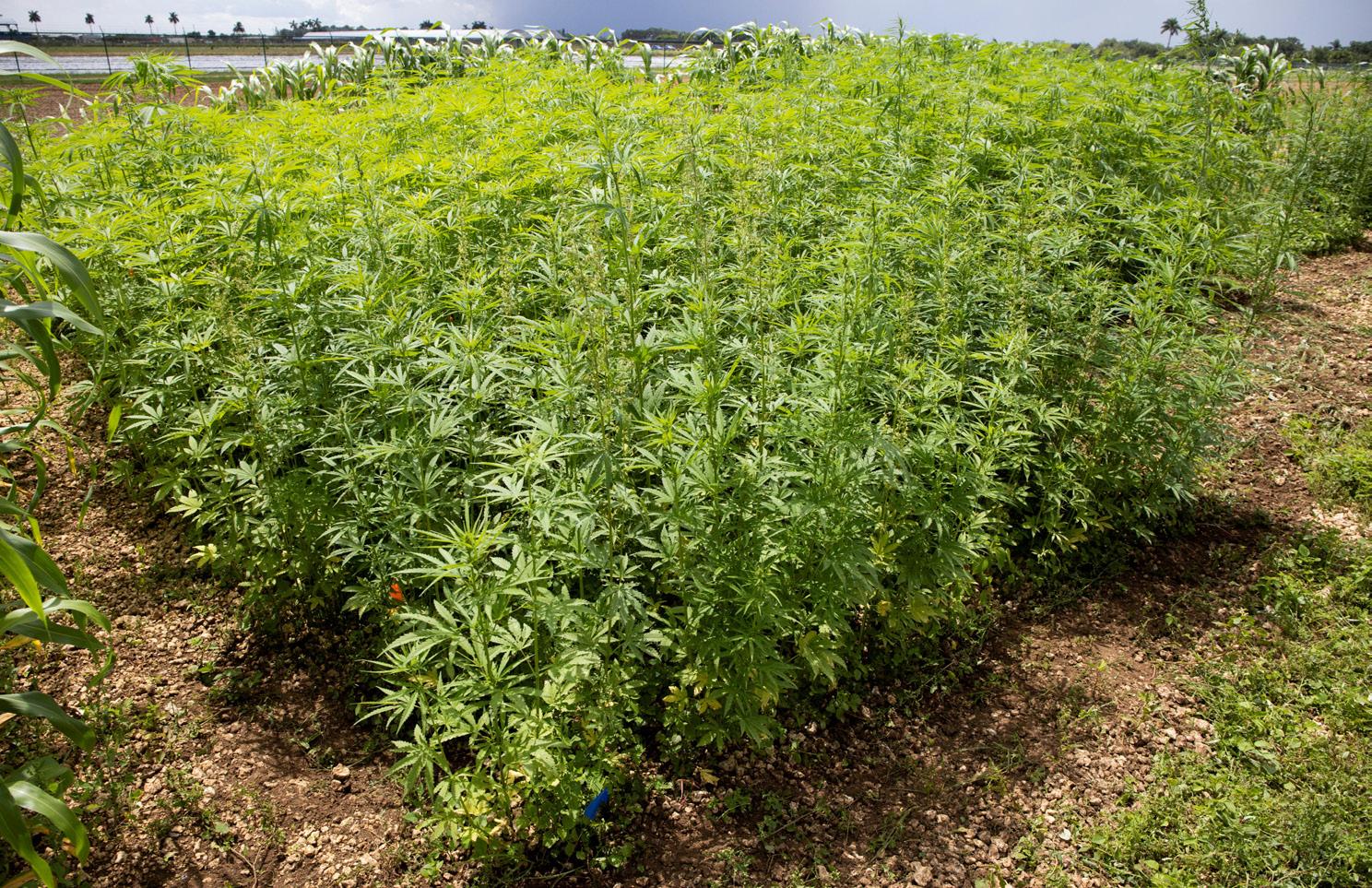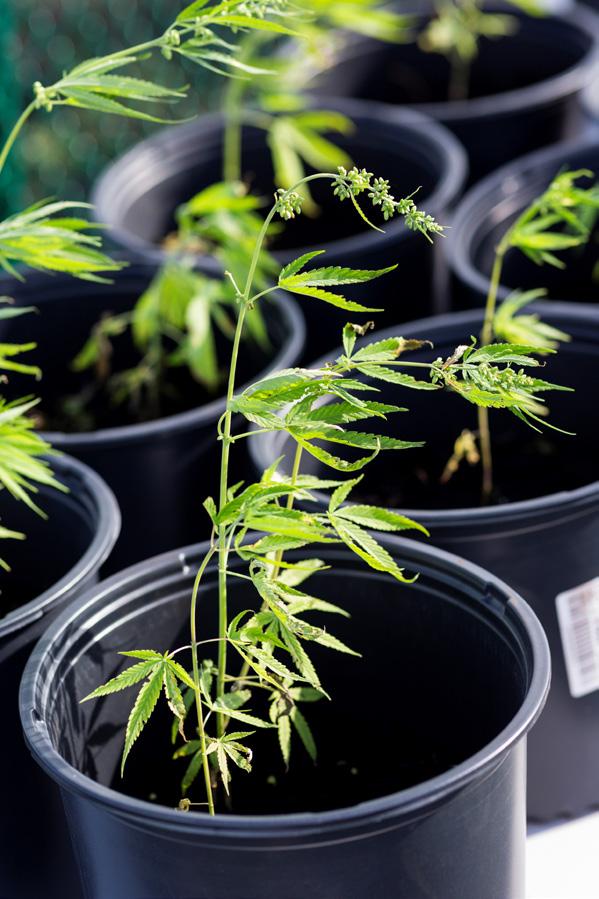
3 minute read
THE HIGH STAKES of Growing Hemp
from Natural Awakenings: Alachua, Citrus, Marion, Sumter Co & The Villages, Florida
by Natural Awakenings - Alachua, Citrus, Marion, Sumter Co & The Villages, Florida

The cannabidiol (CBD) industry is one of the fastest-growing markets. Seemingly in a year’s time in 2018, it became a billiondollar business; and now projections estimate that CBD sales in the U.S. will surpass $20 billion by 2024. Florida state leaders don’t plan on getting left behind in a cloud of smoke.
Advertisement
The Federal Farm Bill of 2018 legalized industrial use of hemp and removed it from the list of controlled substances. Soon after, Governor Ron DeSantis signed the State Hemp Plan (SB 1020) in 2019. Florida Agriculture Commissioner Nikki Fried then appointed Director of Cannabis Holly Bell to oversee efforts of developing and implementing cannabis rules and coordination with scientific experts. The job stakes may be high, especially as the Sunshine State seeks to find a new cash crop because of a citrus farming decline. Bell is confident hemp will thrive statewide and boost the economy by generating new businesses and properly regulated products.
“Florida has a great opportunity for this industry because we are an ag [agriculture] state with farmers that are specialty crop growers. That’s important because this is not your typical row crop or ag crop. It is really a specialty crop like tomatoes, blueberries or watermelon,” Bell says. “Because our farmers have the infrastructure to grow those, it’s a natural transition to growing hemp.” She believes Florida’s nurseries are also poised to proficiently propagate seedlings. Hemp and marijuana are essentially different names for the cannabis plant. While they both contain CDB, they are distinguished by their tetrahydrocannabinol (THC) content. Hemp is specifically cannabis sativa with a THC content of less than 0.3 percent; meaning hemp and its byproducts do not cause the high effect associated with recreational marijuana. With much confusion surrounding the use and legality of medical and recreational cannabis, Bell is focused on widespread education, regulation and research.
The Florida Department of Agriculture and Consumer Services permitted five universities—University of Florida, Florida A & M University, Florida State University, by Nancy DeVault
University of South Florida and South Florida State College—to join a two-year industrial hemp pilot program to identify which varieties will flourish in Florida’s heat and humidity, evaluate landscape risks from growing hemp and develop economically viable management practices and cropping systems.
“They are all researching different things because the plant is so diverse. It can do so many things that one university is not really overlapping the other at this point,” Bell says. Credited with easing arthritis, anxiety, sleeplessness and other ailments, hemp-based CBD is popular in many forms such as oils, tinctures, edibles, oral sprays, balms/topicals and smokeables. But experts assert hemp has even greater potential with textiles, recycling, automotive, furniture, food and beverages, paper, construction materials and personal care. Breaking ground in spring 2019, the University of Florida Institute of Food and Agricultural Sciences (UF/IFAS) has planted 46 varieties so far, originating from all over the world. “We have grown from four to 14 permitted sites across the state in Gainesville, Homestead, Apopka, Quincy, Jay, Milton, Belle Glade, Ona, Balm, Hague [and] Citra. Some may have multiple permitted sites,” says UF/IFAS Communications Specialist Ruth Hohl Borger. “Florida presents unique challenges to growing industrial hemp including weather, a variety of soils and limited daylight. It has a risk of being an invasive species,” Borger says. “Researchers take measurements over time and under different conditions to identify trends and results.”
Bell reports that hemp plants do not like to stay wet—an important discovery considering Florida’s rainy climate. Work is also being done to evaluate farming costs, market value, planting methods (seed versus cuttings), nutrients and potential pests and diseases. When the pilot wraps in May 2021, Bell says she’ll use the conclusions to educate farmers. Thus far, industrial hemp permits have only been authorized for the select research sites, but Bell says permitting for commercial hemp farming may begin by the end of March.
For more information, visit FDACS.gov/ Cannabis-Hemp and Programs.IFAS.ufl. edu/hemp.









